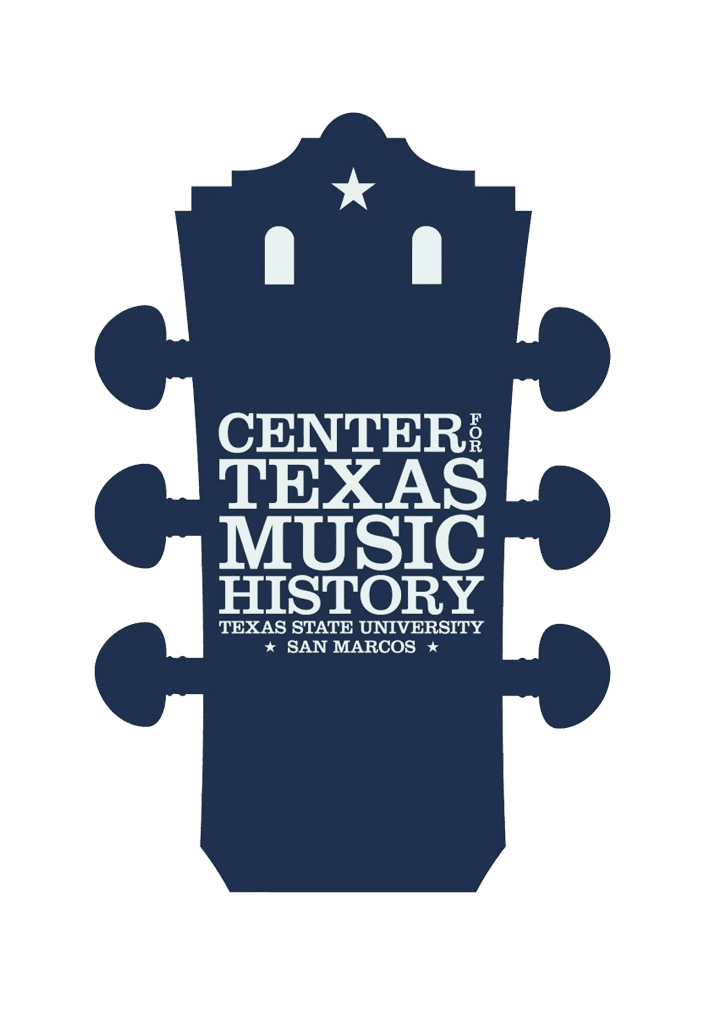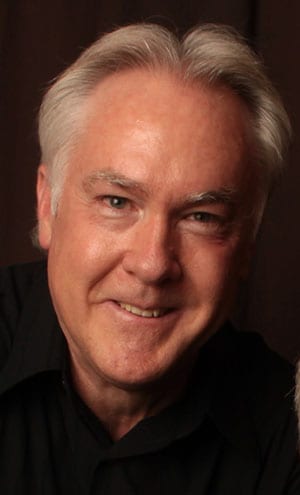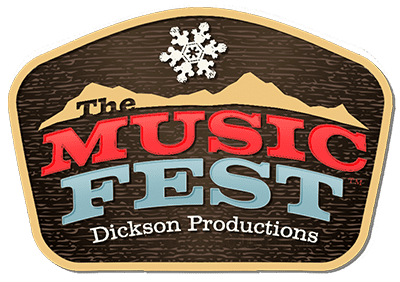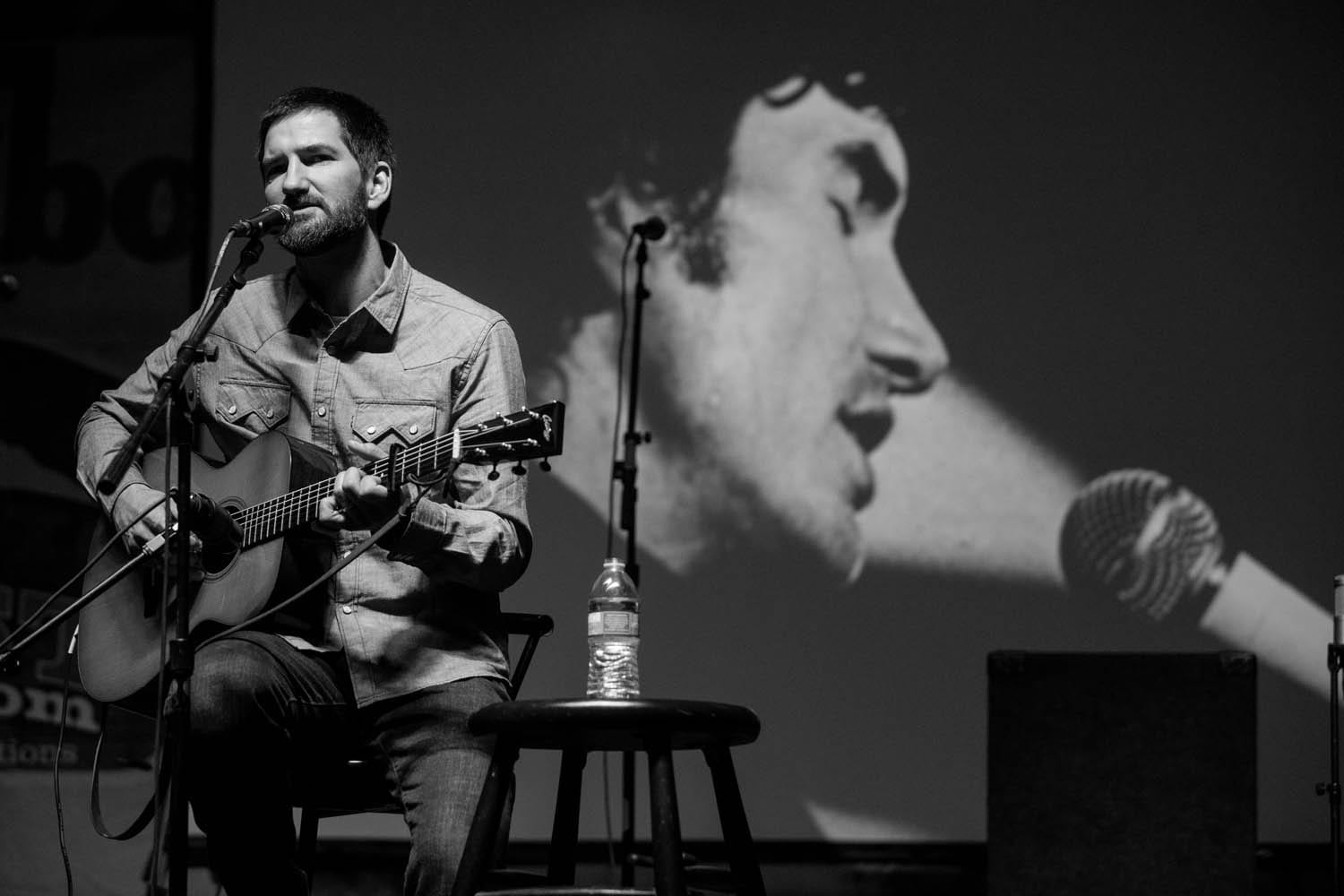
The Center for Texas Music History (CTMH) is the only comprehensive, university-based program devoted to the preservation and study of the musical history of Texas. Through such publications as the Journal of Texas Music History and the Handbook of Texas Music, the CTMH has worked with scholars and students to research and publish important information relating to the state’s musical history. The CTMH also works with museums, public schools, and other universities to organize exhibits, musical performances, and a variety of educational activities related to Texas music history.
by Dr. Gary Hartman, Center for Texas Music History, Texas State University
We all know that the MusicFest is a wonderful place to hang out for a week in the pristine Colorado mountains, enjoying great music, fantastic skiing, seeing old friends and making new ones. But MusicFest is about more than just fun and camaraderie. It’s also an important part of American music history. By helping promote so many young singer-songwriters, many of whom are “independent” artists handling their own production and promotions, MusicFest is playing an important role in shaping the national, and international, music scene.
MusicFest has grown dramatically over the past 20 years. During that time, it has brought an impressive list of veteran musicians to perform alongside newer, up-and-coming artists. Such musical legends as Guy Clark, Verlon Thompson, Billy Joe Shaver, and Ray Wylie Hubbard have shared the same stage with younger performers, including Kevin Fowler, Cory Morrow, Jason Boland, Roger Creager, Reckless Kelly, Doug Moreland, Trish Murphy, Randy Rogers, and many more. Some of the “younger” artists that MusicFest has been promoting for years, including Pat Green and Cross Canadian Ragweed, have gone on to have a major impact on the national music scene.
The historical significance of this is fully recognized by John Dickson, founder and director of Dickson Productions, which hosts MusicFest and many other music-related events. Dickson is a strong supporter of the rich songwriting traditions found in Texas and elsewhere throughout the Southwest.
The traditions of singing and songwriting have deep roots in Texas and the Southwest. Long before the appearance of sound recordings, people in the Southwest told their life stories through songs. Since that time, countless songwriters, including Kris Kristofferson, Willie Nelson, Jerry Jeff Walker, Townes Van Zandt, Lucinda Williams, Lyle Lovett, Robert Earl Keen, Eliza Gilkyson, Willis Alan Ramsey, and others, have built on these great traditions to help redefine American music.
The performers at MusicFest represent the best of all these generations of singer-songwriters, from the newer artists to the established stars. By bringing together such a diverse group of artists,
John Dickson and the DP staff go to great lengths to highlight these generational connections and how they are an important part of passing along these rich musical traditions from one generation to the next.
Perhaps one of the most interesting and significant things these different generations of MusicFest performers have in common is the tradition of being “independent” artists who have avoided the traditional musical “establishment” in order to carve out successful careers on their own. This tradition goes back at least as far as the 1930s and 1940s in Texas when Bob Wills, Floyd Tillman, and others were bucking mainstream musical trends to produce the eclectic and unconventional styles of western swing and honky tonk. More recently, the so-called “outlaw” country music movement of the 1970s was spearheaded by Willie Nelson, Waylon Jennings, Merle Haggard, Kris Kristofferson, Jerry Jeff Walker, Billy Joe Shaver, and others, who were disillusioned with Nashville “pop” country and wanted to create their own music based on a more raw and back-to-basics sound.
Many of the younger artists at MusicFest follow proudly in the footsteps of these earlier musicians. Not only do they pursue their own path in terms of singing and songwriting styles, but they have taken a very entrepreneurial approach to producing, promoting, and marketing themselves and their music. It’s a strong spirit of independence that is reflected in the music itself and in the way the music is presented to audiences around the world. This independent spirit, whether in the 1930s, 1970s, or more recently, has forced the music industry to acknowledge the importance of the Texas singer-songwriter and his role in shaping the musical mainstream.
This year, as in the past, MusicFest brings together the best artists from all generations of singer-songwriters. In doing so, MusicFest is not only entertaining audiences. It’s also educating them and helping promote the great traditions of singing, songwriting, and live performance for many years to come.

Dr. Gary Hartman, Director
Center for Texas Music History
History Department, Texas State University
San Marcos, TX 78666
gh08@txstate.edu
www.txstate.edu/ctmh


